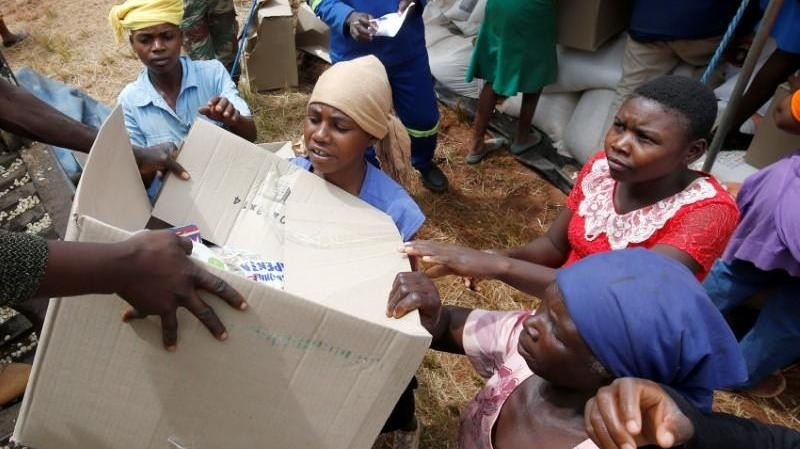According to a recently released report by the UN Department of Economic and Social Affairs (UNDESA), the 15-year-long global effort to improve the lives of people everywhere through the achievement of the 17 Sustainable Development Goals (SDGs) by 2030 was already off track by the end of 2019.
In only a short period of time, the COVID-19 pandemic has unleashed an unprecedented period of crisis, causing further disruption to the SDG’s progress, with the world’s poorest and most vulnerable affected the most, including children, older persons, persons with disabilities, migrants and refugees. An estimated 71 million people are expected to be pushed back into extreme poverty in 2020, the first rise in global poverty since 1998.
The international community is concerned about food crises, the risk of humanitarian disasters and rising poverty, which makes the “gray picture” of the global fight against poverty even gloomier. Long-running conflicts in Syria, Yemen, terrorist violence in Africa's Sahel or the worst economic crisis in decades in Latin America are pushing many people into a terrible humanitarian tragedy.
According to the World Food Programme (WFP), nearly 10 million people in Yemen are suffering from severe food shortages, which is making the humanitarian situation worsen at an alarming rate. Warning signs of famine already exist in the nation as over 20 million Yemenis are food insecure.
The UN Office for the Coordination of Humanitarian Affairs (OCHA) warned that at least 3.5 million people are projected to fall into crisis or emergency food insecurity in Somalia between June and September. The humanitarian crisis in this African nation is mainly due to the consequences of climate change, conflict, and widespread poverty.
The COVID-19 pandemic is causing 40 million people in Latin America and the Caribbean to face serious food shortages. The WFP has urged governments in the region and international humanitarian organisations to take immediate action to prevent the crisis from turning into a pandemic of hunger.
Meanwhile, about 24 million people in Africa's Sahel, of which more than half are children, need support and protection to merely survive this year. Food insecurity and malnutrition in the region are expected to skyrocket, with more than 12 million people facing severe famine, the highest figure in the last decade.
At a recent teleconference, the Group of Seven finance ministers called for full implementation of a G20 freeze on debt service payments by all official bilateral creditors. G20 members and the Paris Club of official creditors in April offered a freeze on debt service payments to the 73 poorest countries up until year-end in order to free up an estimated US$12 billion in funds to fight the outbreak. But the implementation of the Debt Service Suspension Initiative (DSSI) has proven challenging, and the unexpectedly deep downturn in the global economy has prompted calls for extension and expansion of the moratorium. So far, 41 countries have applied for relief under the DSSI.
Food crises, humanitarian issues and the fight against poverty have been mentioned many times by the UN and international organisations since the outbreak of the COVID-19 pandemic. The WFP, meanwhile, warned of immediate difficulties in aid operations around the globe as most of its logistics humanitarian flights are at risk of failure in July due to a lack of funding. Lack of finance and the current alarming poverty situation are affecting joint efforts to implement the SDG and are posing numerous challenges in the fight against poverty and hunger.
















